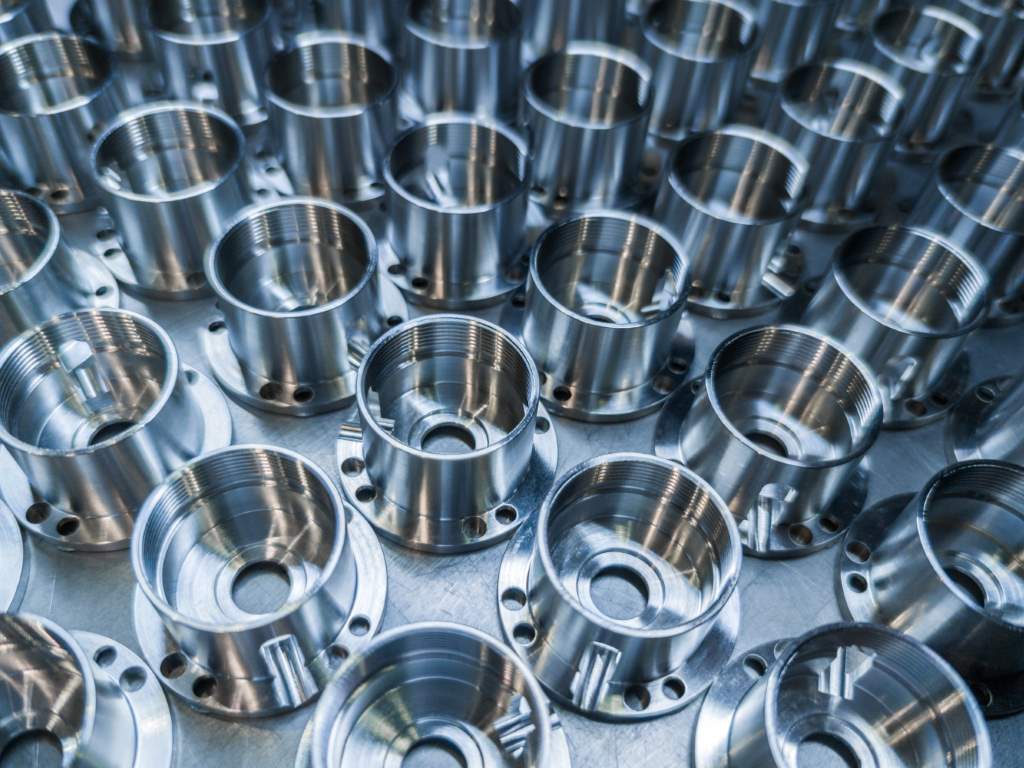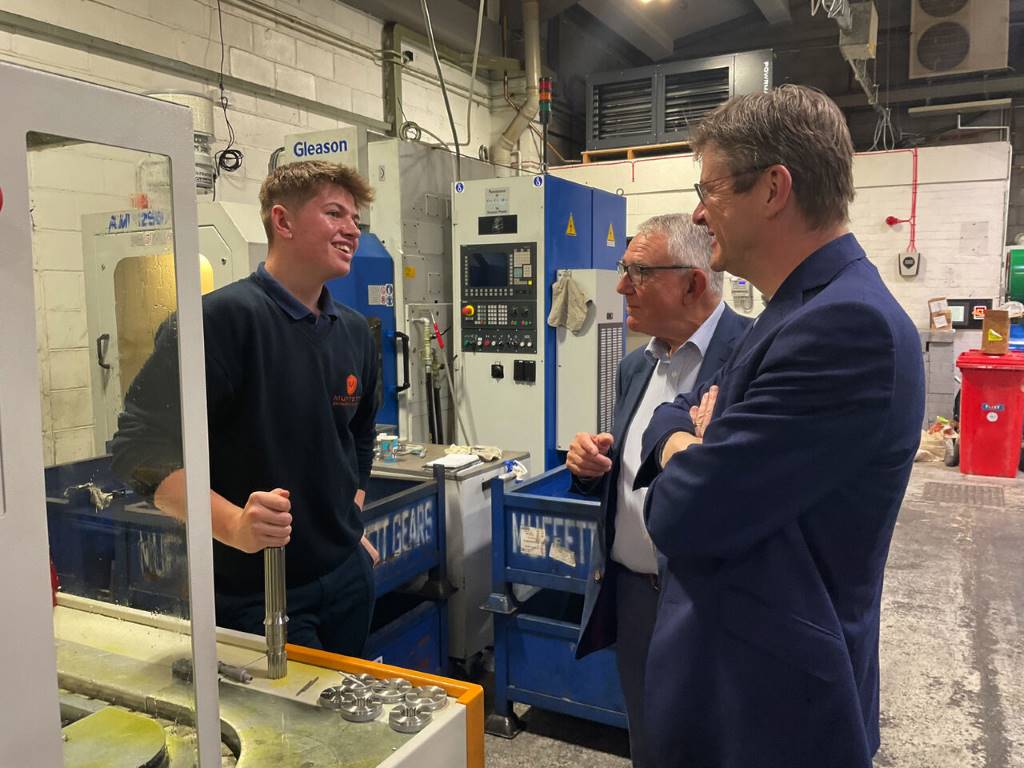On a roll
Fontijne Grotnes has been active in the metalforming industry for many years and manufactures specialised production equipment that are often used in complex manufacturing processes for the aerospace
industry. Its sizing and forming technologies are said to be a valuable contribution to aerospace production processes to calibrate and form different parts for jet engines such as rings, cylinders and cones which require tight tolerances.
Fontijne Grotnes expanders and rollformers are widely used to form finely detailed profiles in cylindrical or conical shaped blanks from tubing, pipe or coiled and welded sheet metal. Using an expander to form a profile, the blank is positioned around the tooling which has the desired profile that is pressed into the blank by the expander action.
When the profile is excessively ‘sharp', outer dies can be used for more precision. Other options include heated dies to increase the deformability of metals like titanium or a combination of an expander and a shrinker to form intricate profiles.
Rollformers can be used when fine detail and a good surface quality are required. The blank is placed on the lower roll which moves upwards to the upper roll while both are rotating. As soon as contact is made between the rolls and the blank, the profile is formed in several revolutions. When producing parts of different diameters with the same profile, tooling costs and set-up times are therefore minimised.
Forged rings – both seamless rolled rings and flash butt welded rings – are commonly applied in the aerospace industry, particularly for jet engines. Fontijne Grotnes expanders are used to calibrate the ring in order to minimise machining allowances and to eliminate local stresses which significantly reduces the required amount of machining required as the ring is closer to its final shape and more stable during post operations. Other benefits of the Fontijne Grotnes expander in the ring rolling process are enhanced productivity, significant material savings and improvement in the mechanical properties of the material.
The dies are easily interchangeable which makes it possible to calibrate a wide range of rings, with both rectangular and profiled cross sections, using only one machine. For rings with a heavy cross section of a high yield point, water cooled dies are available for hot sizing. Shrinkers are used when an accurate outer diameter is required. This process is exactly the opposite of the expanding.
According to the manufacturer, there is virtually no limit to the materials that can be sized or formed by the expansion, rollforming or shrinking process. Materials such as alloy steel, aluminium, mild steel, stainless steel, titanium and other exotic aerospace alloys are routinely formed and sized on Fontijne Grotnes machines.
Fontijne Grotnes
www.fontijnegrotnes.com













